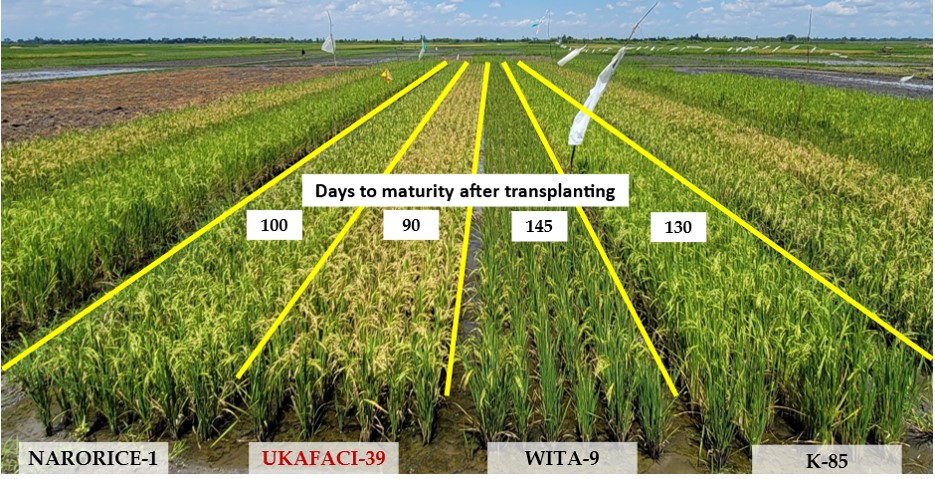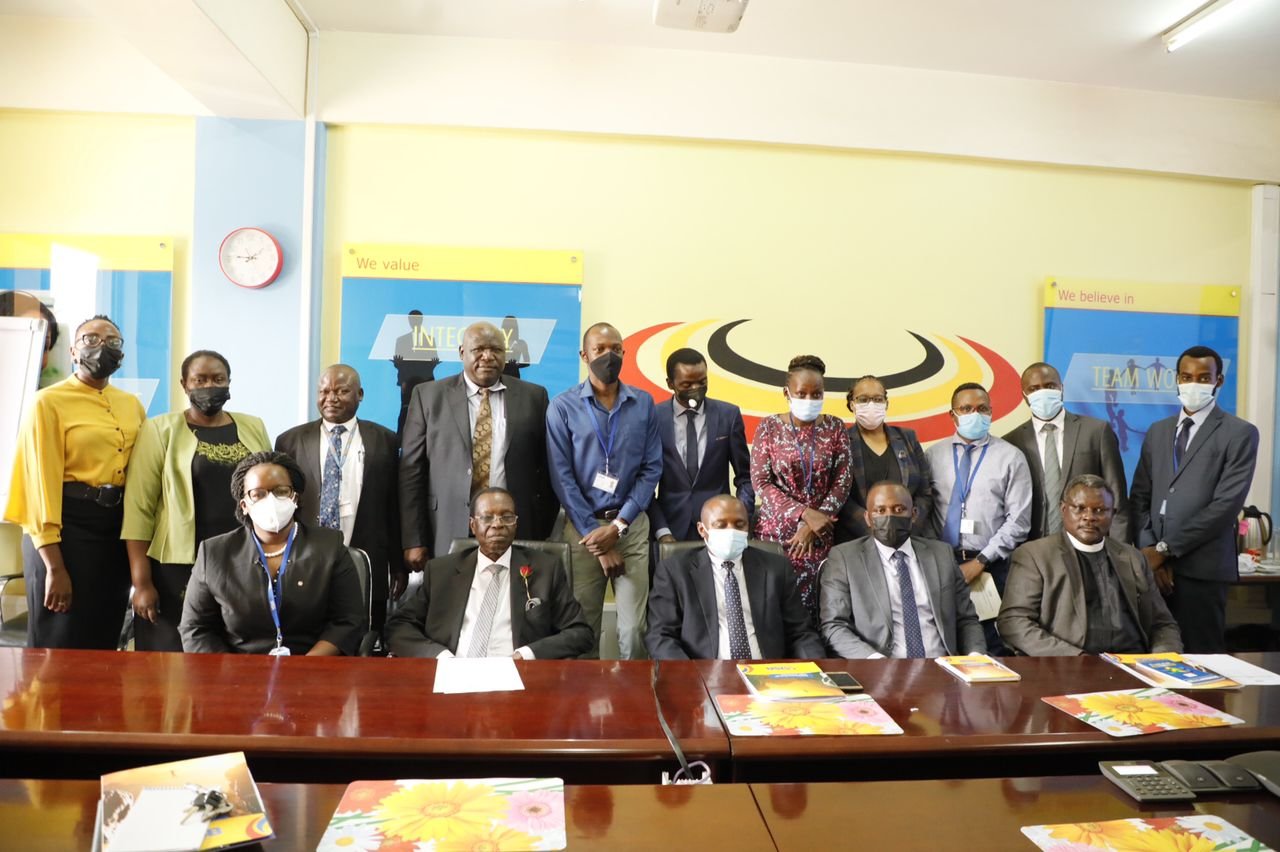The Director General, National Agricultural Research Organization (NARO), Dr. Yona Baguma has commended the organisation’s collaboration with the Korea Partnership for Innovation of Agriculture (KOPIA) for driving Uganda’s agricultural sector towards transformational growth.
Speaking at a high-level policy workshop celebrating the 15th anniversary of KOPIA in Seoul, South Korea on Monday, April 23, 2024 Dr. Baguma noted that the collaboration was driving sustainable growth, improving livelihoods, and fostering economic development across the country.
He cited the impressive results among citrus farmers in Teso sub region who have experienced a substantial increase in both yield and income over the past few years following the implementation of the Citrus Model Village.
“Farmers annual yield increased greatly by 210% in the first year (2021) and continued to increase by 194% in the second year while annual incomes increased by 208% between 2020 and 2021, and 32.7% between 2021 and 2022” Dr. Baguma revealed.
Similarly, he added, NARO and KOPIA had successfully developed and disseminated fast maturing and high yielding aromatic rice varieties such as KAFACI-39 and NARO-Rice 1, which has scaled up the production of rice in Uganda.
He further revealed that through innovative approaches like polyvinyl mulching technology, potato seed production has been boosted, leading to a considerable increase in both seed supply and farmers’ incomes.
“The supply of quality potato seed increased from less than 150 metric tons to over 500 metric tons, while the potato farmers’ average annual household income has increased to $5,573 (aboutUGX21 million)” he said.
Dr. Baguma reechoed the government’s commitment to prioritize agriculture as a key driver for improving the well-being of its population because 80% of the Ugandan workforce is engaged in agriculture, mainly comprised of subsistence farmers, and the sector contributes up to 24% to the country’s Gross Domestic Product (GDP).
He emphasized that with 39% of households still entrenched in the subsistence economy, according to the Uganda National Household Survey of 2017, the government of Uganda has instituted multiple strategies to catalyze agrifood systems transformation.
He enumerated the Uganda Vision 2040, the Third National Development Plan (NDPIII), and initiatives like agro-industrialization and the Parish Development Model (PDM), aimed at boosting productivity, increasing exports, and generating wealth and employment at the grassroots level.
He said NARO’s research agenda is aligned with these strategic objectives, focusing on four key result areas: niche market expansion, research product diversification, technology adoption, and institutional support for agro-industrialization.
Looking ahead, Dr. Baguma outlined areas for additional technical cooperation between NARO and international partners, including the Korea Food Research Institute (KFRI). He said the collaborations should aim to enhance value addition, provide specialized training, establish technology hubs, and ensure the long-term conservation of genetic resources.
Also on the delegation to South Korea is the NARO Deputy Director General in charge Research Coordination, Dr. Swidiq Mugerwa.

















